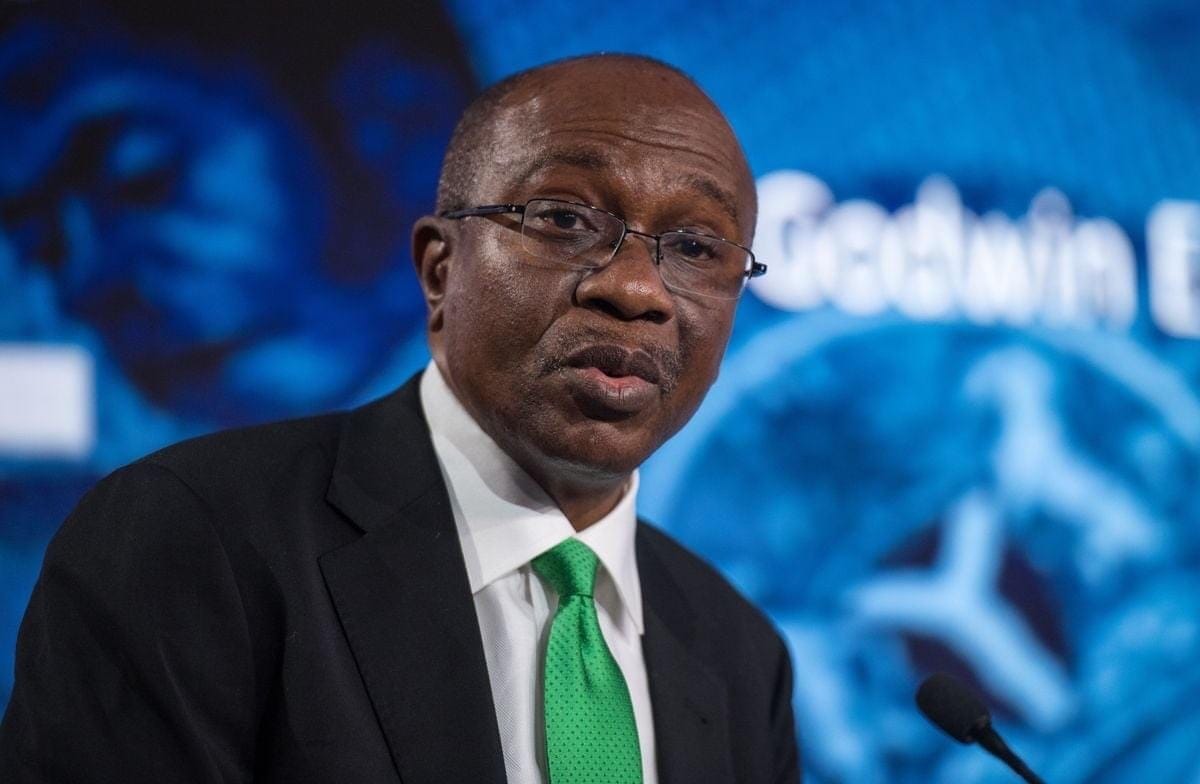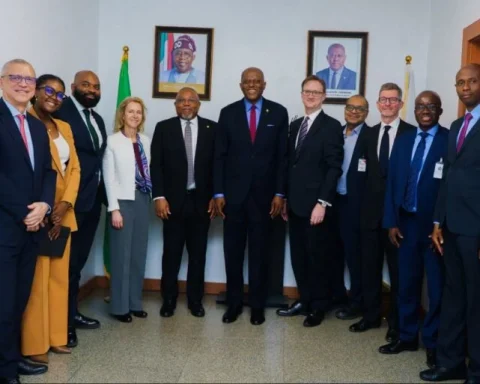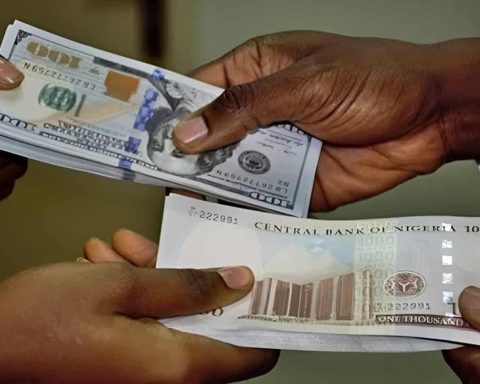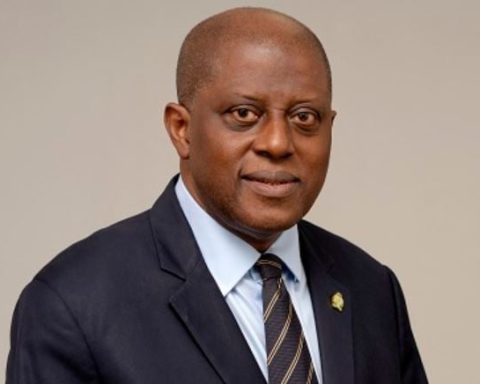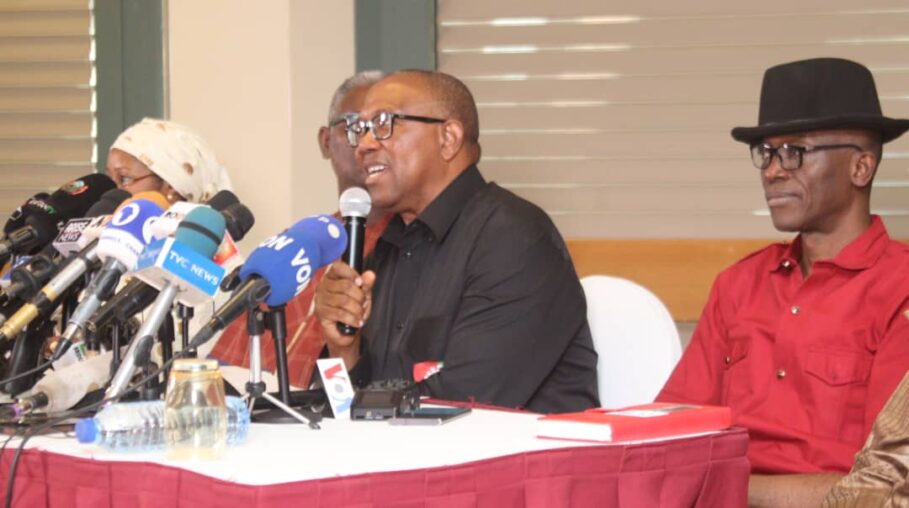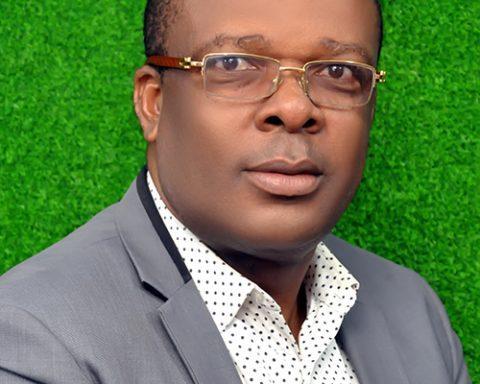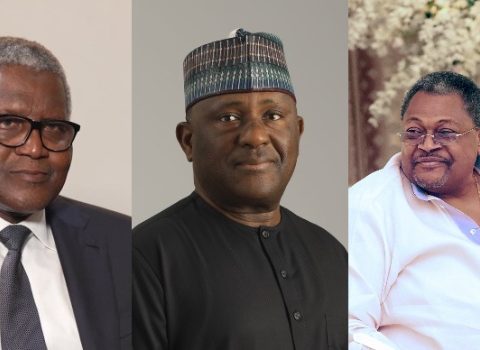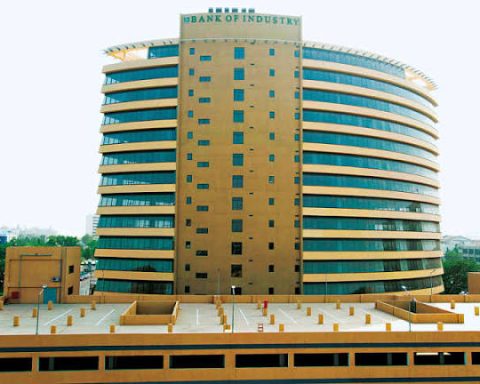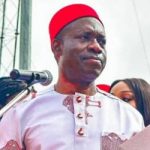The Monetary Policy Committee (MPC) of the Central Bank of Nigeria (CBN) has projected that Nigeria’s economy will grow at a subdued pace in 2023.
MPC made this known in a 70-page document released on Wednesday covering the MPC’s first meeting for 2023 on January 23 and 24 2023.
Join our WhatsApp ChannelThe committee said the high level of insecurity, perennial scarcity of Premium Motor Spirit (PMS), also known as fuel, and high cost of other energy sources are factors impacting the growth of Nigeria’s economy.
Other shocks on the economy mentioned by the monetary policy committee are increased spending towards the 2023 general elections, the rising cost of debt servicing; and deteriorating fiscal balances.
According to the CBN, due to these factors, Nigeria’s economy is projected to grow by 2.88 per cent according to the apex bank’s estimate.
“Available data and forecasts for key macroeconomic indicators for Nigeria suggest that the economy will continue to grow through 2023, but at a subdued pace.
“The continued high level of insecurity; perennial scarcity of Premium Motor Spirit (PMS) and high cost of other energy sources; increased spending towards the 2023 general elections; rising cost of debt servicing; and deteriorating fiscal balances, remain the key sources of shocks to the Nigerian economy.
“Accordingly, the economy is forecast to grow in 2023 by 2.88 per cent by the CBN estimate,” the MPC stated.
Also, addressing the growth of global and domestic economies, the MPC revealed that their path to recovery is uncertain due to the Russian-Ukraine war.
Other growth hindrances are the resurgence of the COVID-19 pandemic in China, which has slowed down economic activities within the Asian country.
“The broad outlook for the recovery of both the global and domestic economies remain uncertain with the path to full recovery clouded by significant downside risks.
“The key risks remain the lingering headwinds from the Russian-Ukraine war, heightened inflationary pressure across several economies and sharp slowdown of economic activities in China with the resurgence of COVID-19 pandemic across its major cities.
“Others include: the tightening of external financial conditions, as monetary policy normalization continues; increasing risk of a global debt crisis, as both corporate and public debt levels burgeon; and the increasing likelihood of a global recession in 2023,” the document reads.


